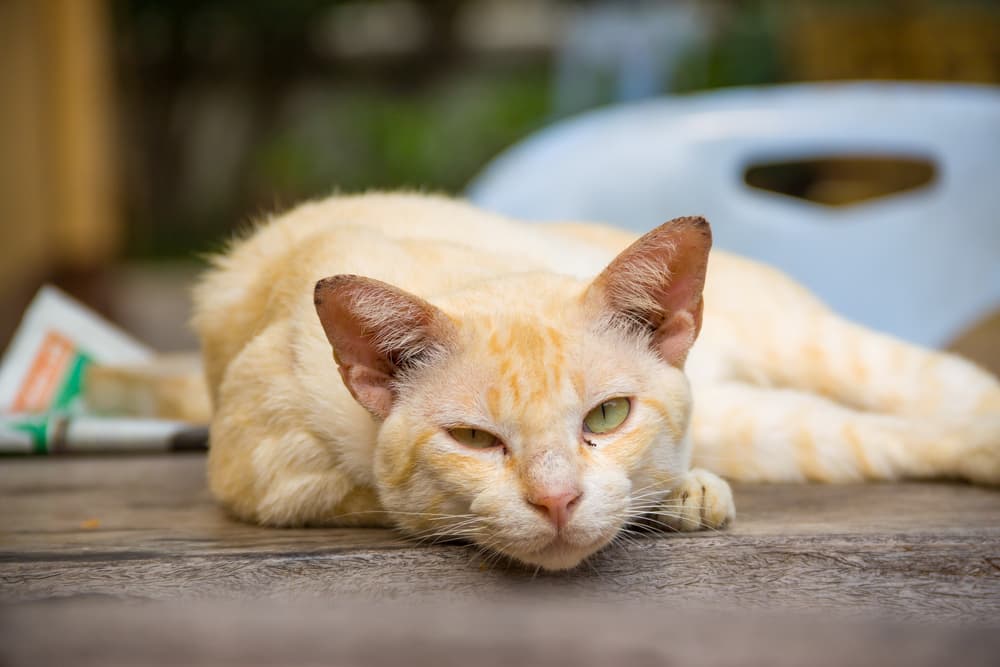Freddy now follows me around the house. I sit on the couch, Freddy sits on the couch, I go into the kitchen, Freddy follows me to the kitchen. I go take a crap and yup, he stops at the door and meow's.
The bonding continues and may I say he seems to be smiling heh
The bonding continues and may I say he seems to be smiling heh






















